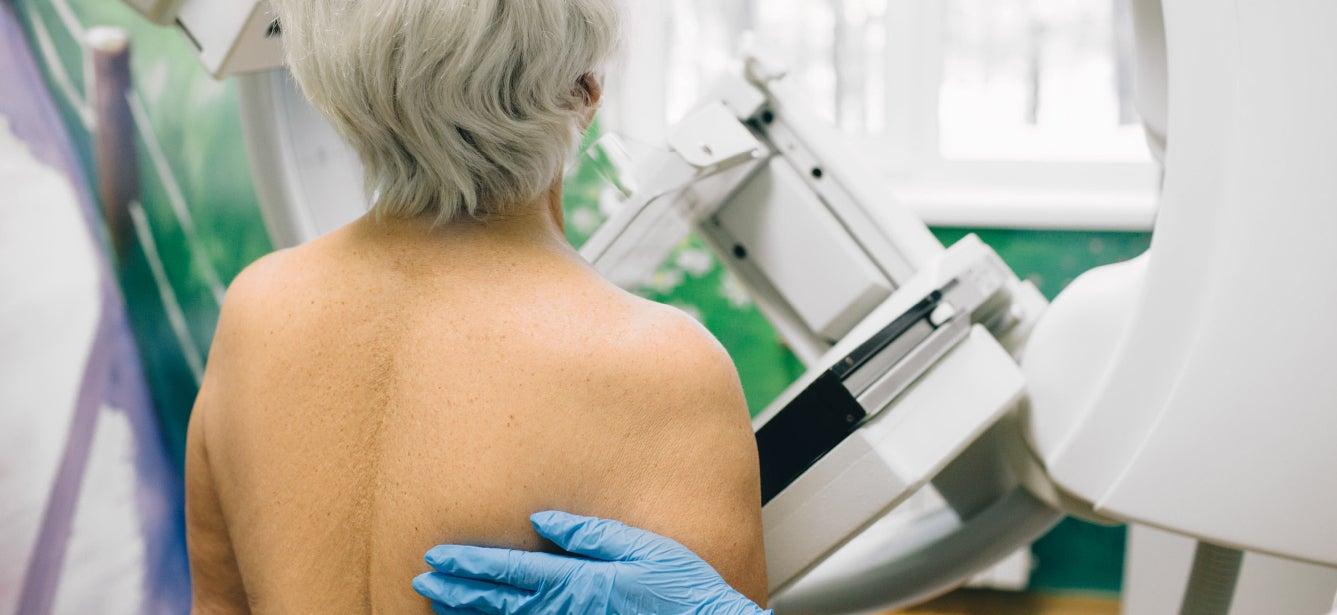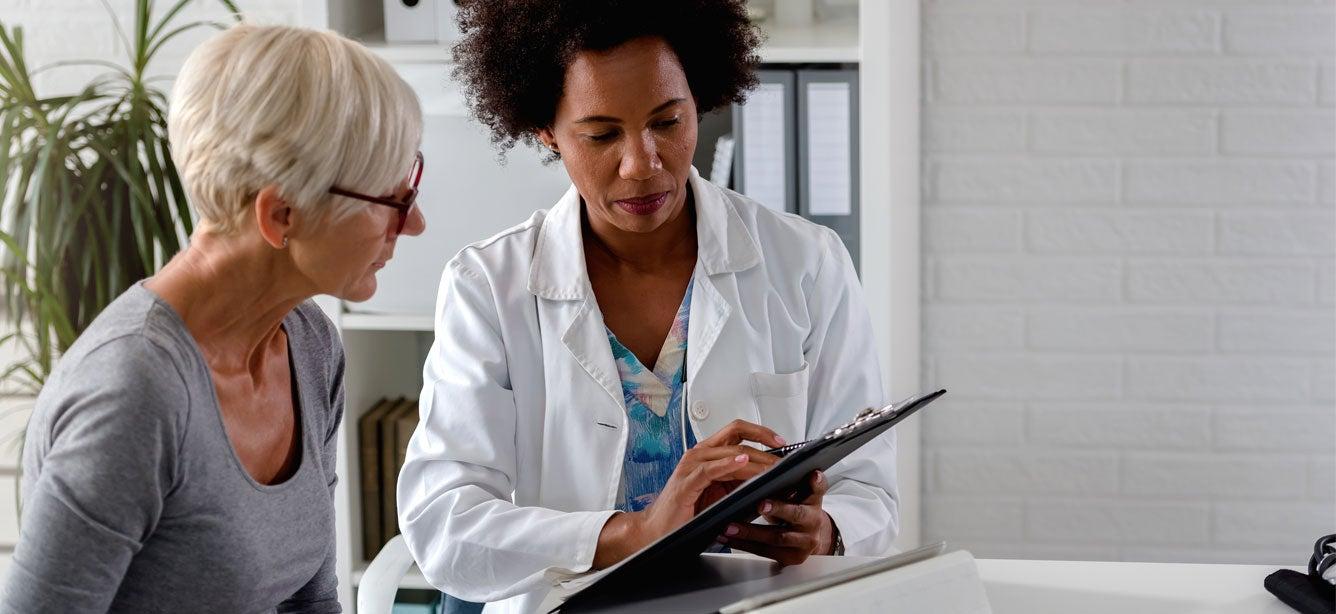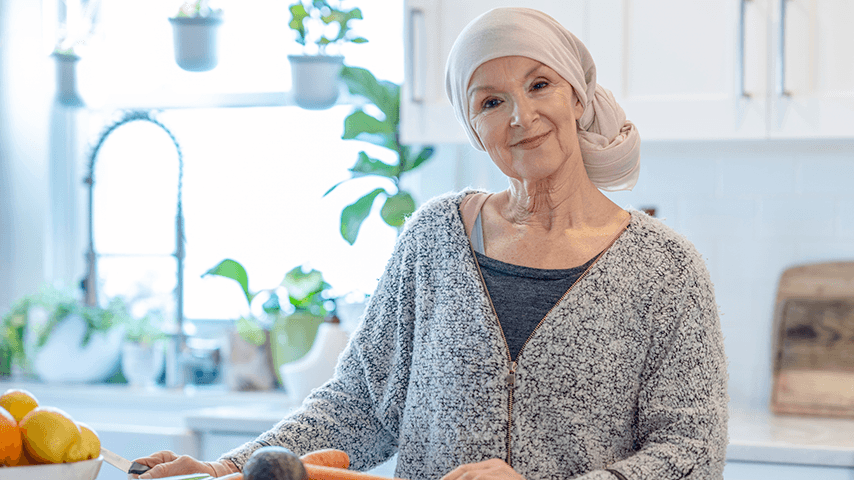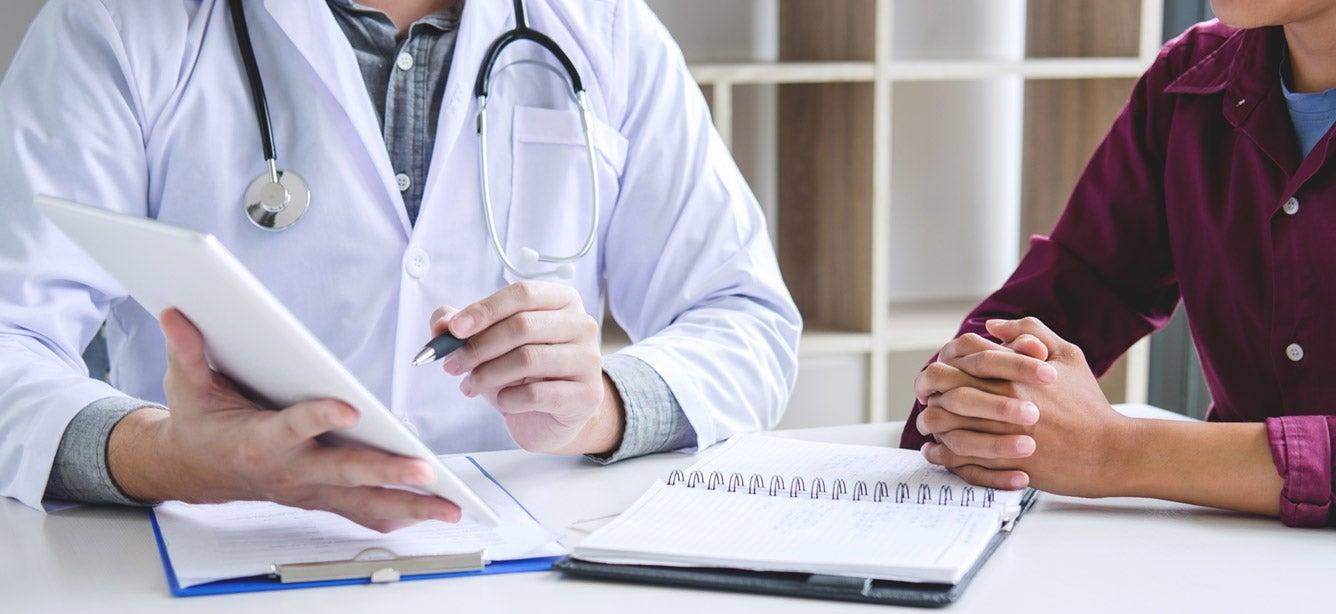
Routine cancer screenings are important at all stages of adulthood, but the likelihood of developing cancer increases greatly with age. Approximately 88% of the people diagnosed with cancer in the U.S. are age 50 or older and 57% are 65 or older.1 If you aren’t sure what screenings you need, read on to get up to date and then call your health care provider or make an appointment online.
What is a cancer screening and how do they help older adults?
Cancer screenings can help detect cancer early when treatment is more likely to be successful.
Most people do not experience signs or symptoms of cancer until advanced stages when cancer can be more difficult to treat. Early detection of cancer can mean less extensive treatment, more treatment options, and better chances of survival.
There are different types of cancer screenings for different cancers. For skin cancer, it can be as simple as a visual full body check by a dermatologist or health care provider. You have options for colorectal cancer screening—the colonoscopy is among the most common, during which a tube is inserted into the rectum and a tiny video camera allows the doctor to view the colon. Or you may choose to do an at-home test (If polyps, or growths, are detected, you would still need to get a colonoscopy). Cervical cancer is screened with a Pap and/or human papillomavirus (HPV) test, while screening for breast and lung cancers is usually done through X-rays.
It is also noteworthy to acknowledge innovations like blood-based tests in development by several companies but not yet approved by the Food and Drug Administration (FDA) or reimbursable by Medicare. You can learn more about what is being called the multi-cancer early detection space.
How much does a cancer screening cost?
Under the Affordable Care Act, most private insurers and Medicaid and Medicare are required to cover cancer screenings that receive an A or B grade from the United States Preventive Services Task Force (Currently that includes breast, colorectal and cervical cancer screening, as well as lung cancer screening for those at high risk). If you are uninsured, programs such as the Centers for Disease Control and Prevention's National Breast and Cervical Cancer Early Detection Program offer free or low-cost screenings, and you can also find additional resources for free or low-cost screenings.
What screenings and vaccines are recommended for adults 50+?
The screenings you need and how often you should be screened depend on a variety of factors, including age, the body parts you possess (such as breasts, testicles and/or prostates), your personal and family health history and lifestyle habits, such as smoking. The following screening tests are recommended for adults 50 and older at average risk:
- Breast cancer screening (If transgender, talk with your health care provider)
- Cervical cancer screening until age 65
- Colorectal cancer screening
- Prostate cancer screening (Talk with your health care provider)
- Oral cancer exam
- Testicular checks
- Skin checks
- Hepatitis B vaccine to age 59 if not already vaccinated*
- Hepatitis C testing at least once between ages 18-79*
*Hepatitis B and C are linked to liver cancer.
If you have risk factors that put you at greater risk for certain cancers, such as lung cancer, talk to a health care provider about what is best for you. To learn more about these screenings visit preventcancer.org.
Source
1. American Cancer Society. Cancer Facts & Figures 2025, Atlanta. Found on the internet at https://www.cancer.org/research/cancer-facts-statistics/all-cancer-facts-figures/2024-cancer-facts-figures.html




